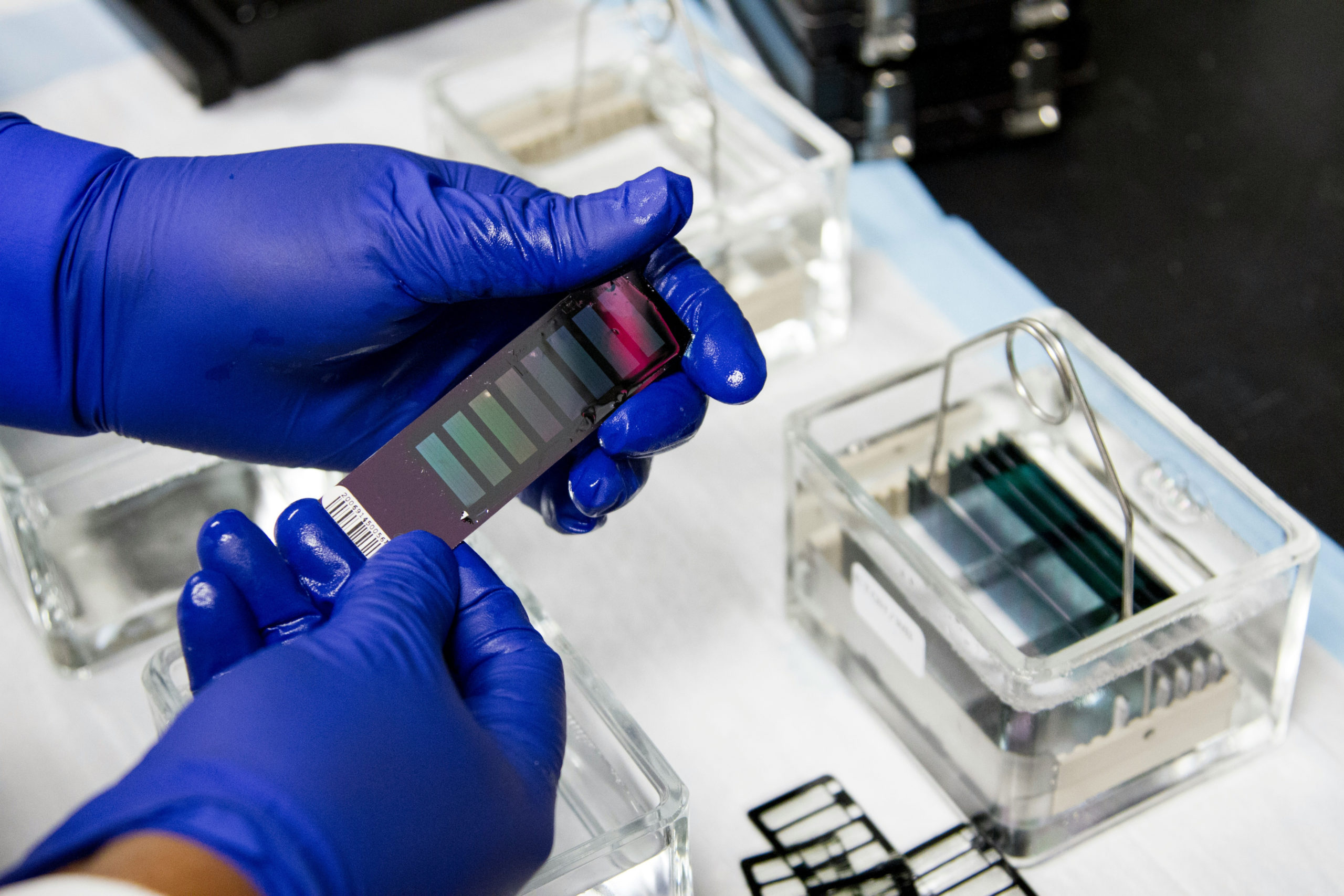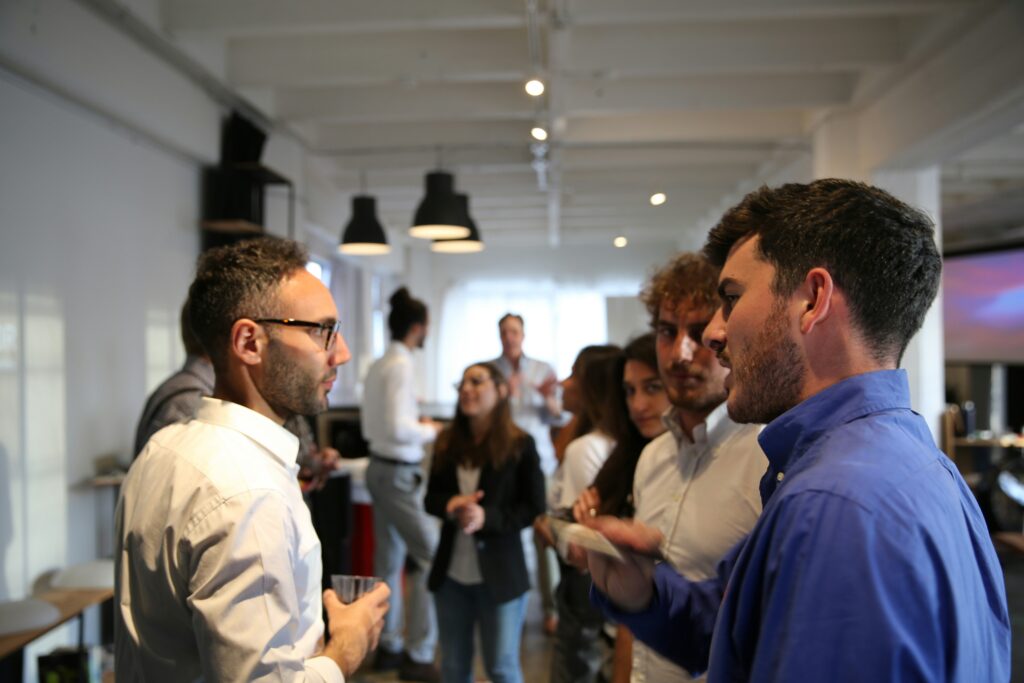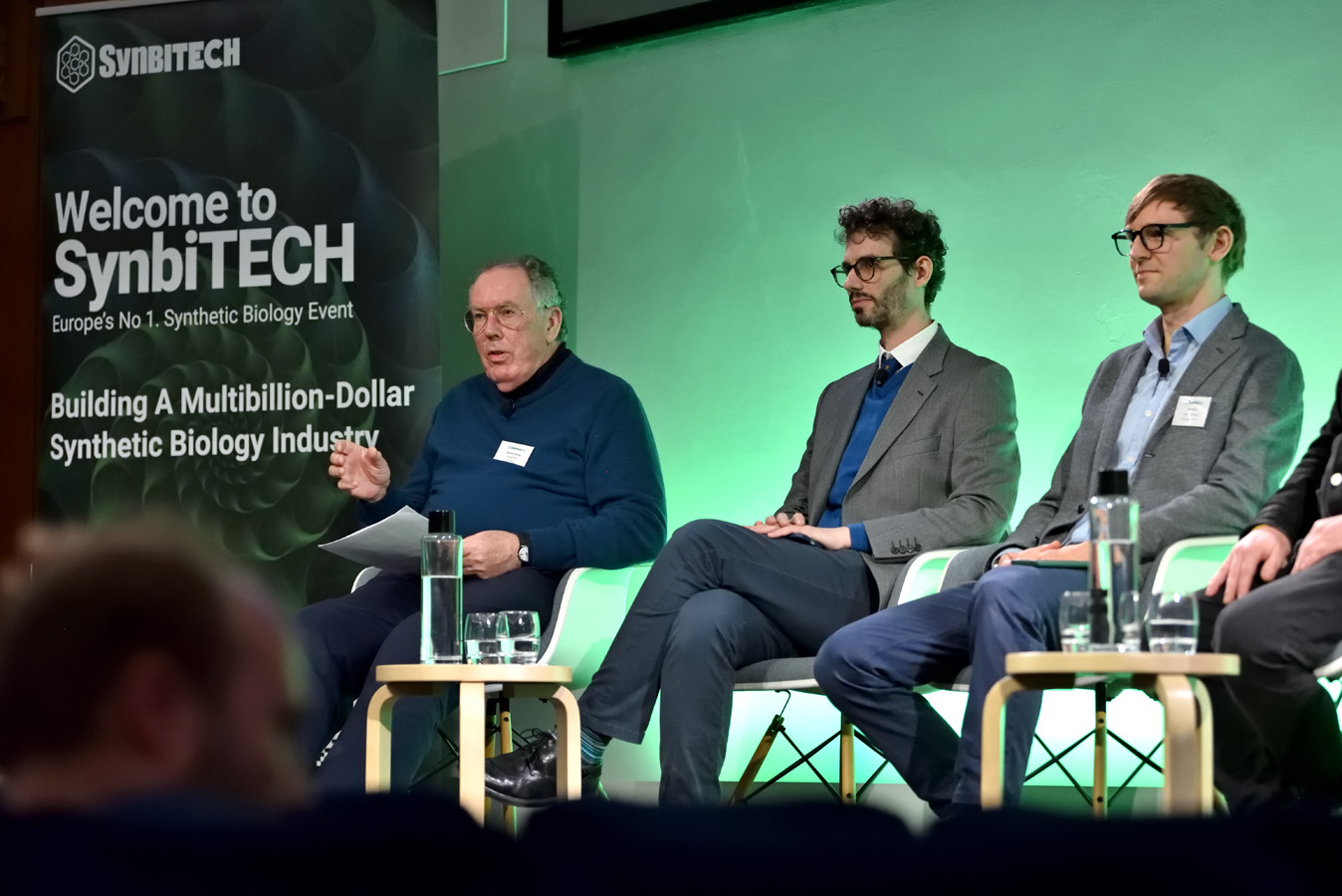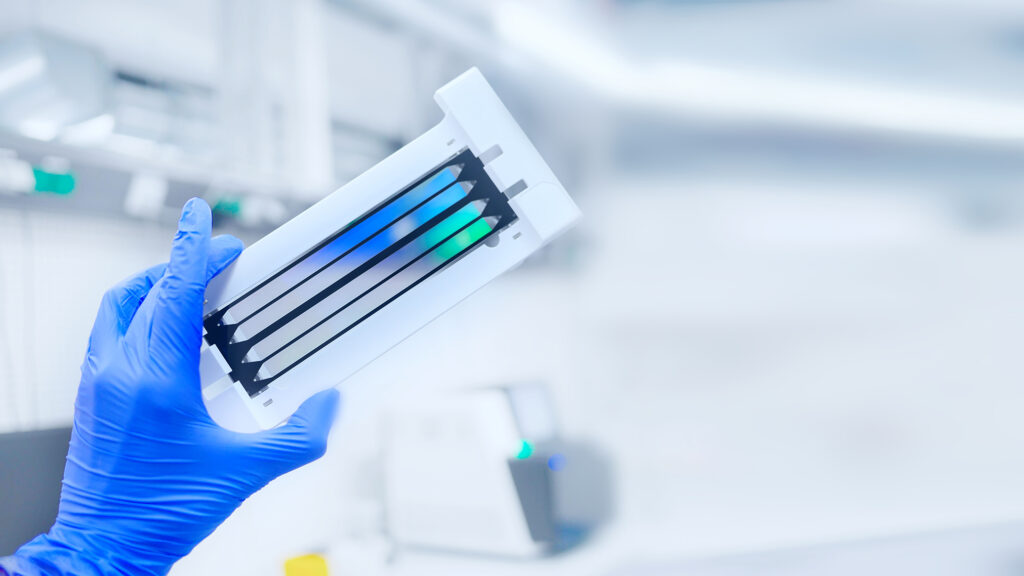
Initiatives
Driving science, strategy, and scale
Our Initiatives
Building a SynBio network for a better future
We’re on a mission to build a thriving, connected ecosystem around synthetic and engineering biology to unite entrepreneurs, industry leaders, researchers, and investors to accelerate innovation and impact.
Whether you’re launching your first company, integrating biology-based solutions into existing systems, or backing the next generation of biotech ventures, our initiatives are designed to help you get involved, make meaningful connections, and drive real-world change.
Industry Club
Connecting & supporting engineering biology innovators
Our Industry Club is a dedicated network for engineering biology professionals, bringing together start-ups, SMEs, multinational corporations, investors, and regulators.


SynBio Business Basics
Become a SynBio leader of the future
SynbiCITE’s SynBio Business Basics course is designed to guide aspiring biotech entrepreneurs through the essential steps of launching and managing a company in the fast-evolving field of engineering biology.
SynBioVen
Empowering synthetic biology ventures
Founded in 2022, SynbioVen is an independent dedicated investment vehicle supporting the next generation of engineering biology scientists, founders, start-ups and scale-ups.


SynbiTECH
A global forum for engineering biology innovation
SynbiTECH is the UK’s leading international forum for people engaged in engineering biology business, investment, policymaking, science and research.
Proof of Concept Programme
New funding available to accelerate and enhance innovation
SynbiCITE has launched new funding opportunities to support innovative engineering biology projects with significant commercial potential. Designed to accelerate proof-of-concept (PoC) and prototype development, this funding helps projects reach the stage where they attract investment or advance into product development.


Looking to work with us?
Get in touch with the team to learn more